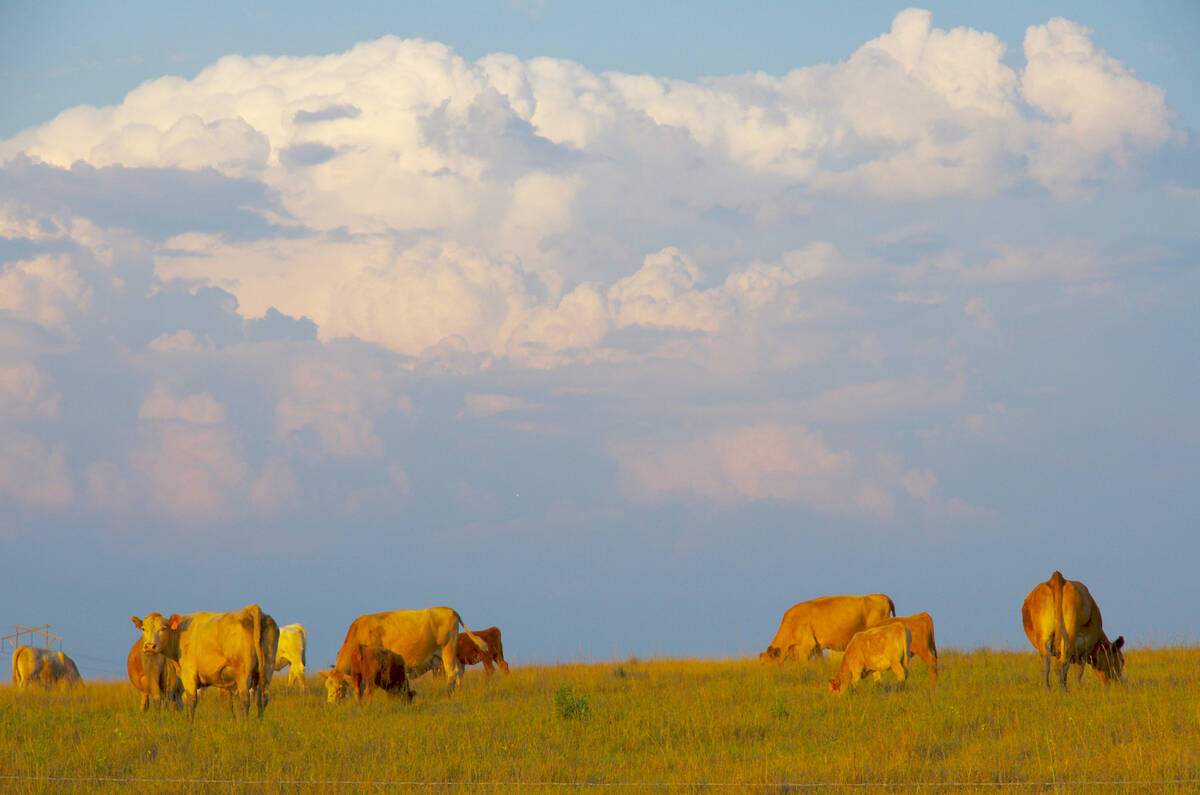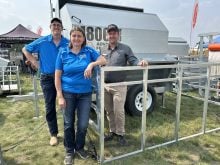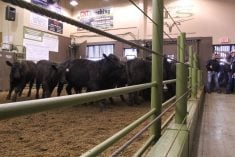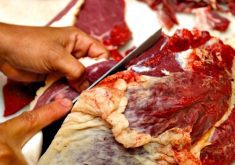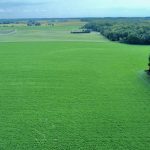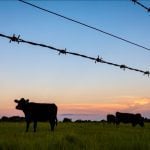The 2024-25 fiscal year was one of steady and intentional progress for the Canadian Beef Check-Off Agency. While much of the public focus tends to be on the marketing campaigns, research breakthroughs, and public engagement initiatives funded by the national check-off, the agency’s work behind the scenes is what ensures those dollars are invested wisely, accounted for transparently and deliver measurable value back to producers and importers.
In their annual messages, Trevor Welch (chair) and Melinda German (general manager) both underscored the agency’s commitment to governance, accountability and building strong relationships across the beef value chain.
In 2024-25, the agency receipted $18.71 million in national check-off from approximately 7.5 million domestic cattle marketed. The beef import levy added another $1.49 million, bringing total revenues to just over $20.19 million. Funds were allocated according to nationally set priorities with 55 per cent to marketing, 27 per cent to research, 14 per cent to provincial investments, and four per cent to public and stakeholder engagement. Administrative expenses totaled $980,758, maintaining a lean operating ratio for a national organization managing investments of this scale.
Read Also
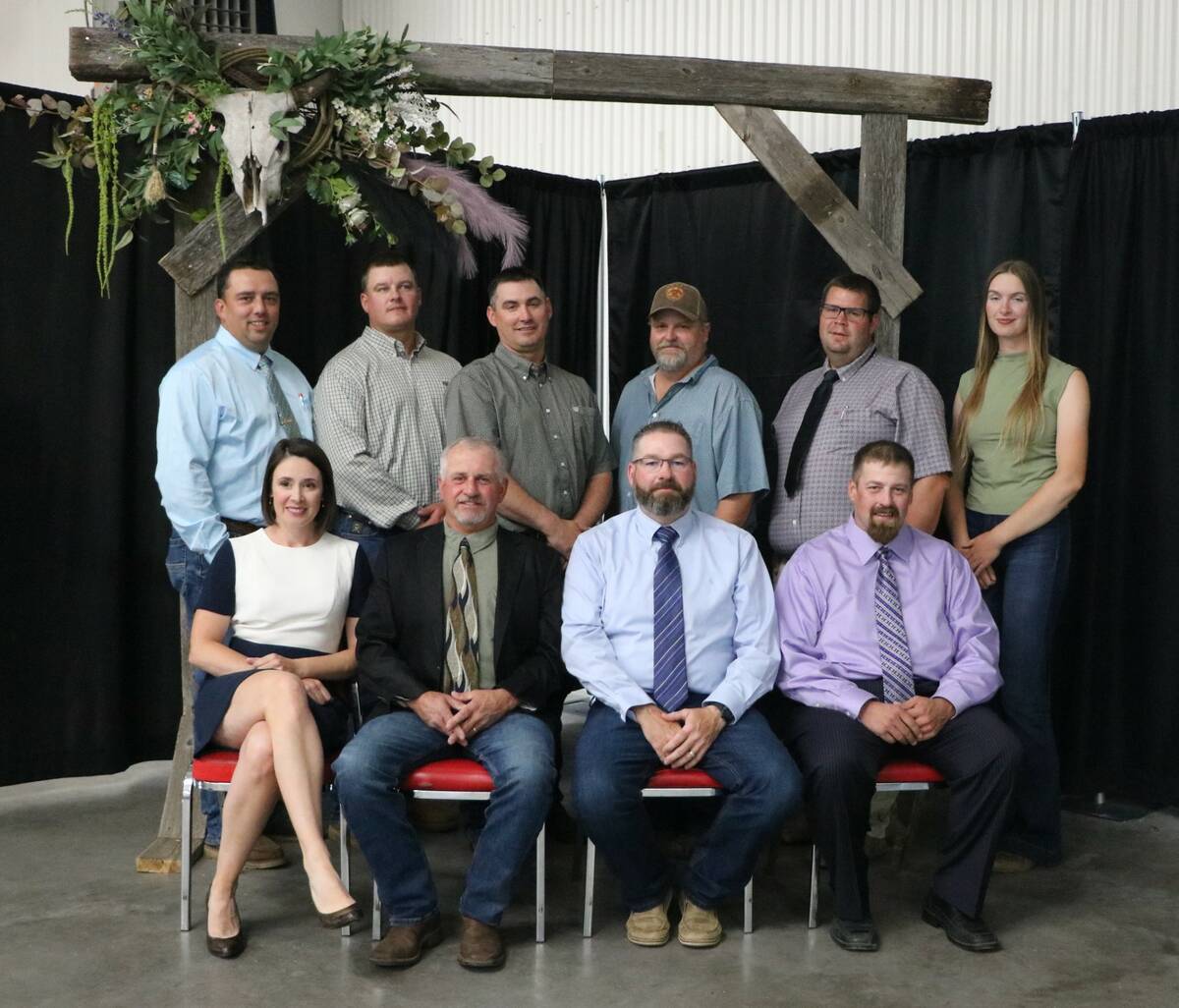
Purely Purebred: Outstanding Young Angus Breeder, Junior Limousin Herd Building Incentive winners and more
News from Canada’s purebred beef industry, including show results, board election results, research and more
A notable change this year was the introduction of a two per cent administration fee to provinces for collecting and remitting the check-off. This replaced the per-head fee used in interprovincial cattle transactions and resulted in $347,446 staying with provincial cattle associations to support front-line levy collection work.
Oversight is a core function of the agency. In 2024-25, inspectors conducted 82 site visits and 64 formal inspections on behalf of provincial partners, identifying more than $185,000 in outstanding levies. While enforcement tools exist, the agency continues to take an “education-first” approach, working with remitters to correct issues and ensure compliance.
Transparency is reinforced through the agency’s annual service provider audit process. Each year, one recipient of check-off or import levy funding undergoes a detailed review. This year, the Beef Cattle Research Council was audited, with results confirming strong financial management, alignment with approved business plans and clear documentation of activities.
The agency also began work to clarify definitions in the federal levies order, a step toward greater national consistency and reduced ambiguity in application.
The agency’s governance model is designed to ensure that those funding the national check-off and import levy, producers and importers, have direct oversight on how those dollars are invested. Board members from across the country bring provincial and sector perspectives to the table, ensuring decisions reflect both regional priorities and the national strategy. This year’s governance review confirmed that policies, bylaws and practices remain aligned with the Farm Products Agencies Act, while identifying opportunities to strengthen reporting and accountability even further.
Recognizing that the future of the beef industry rests with its youth, the agency appointed a youth member, Adeleen Bolduc, to the board and continued its national scholarship program. The 2024 scholarship generated the highest social media engagement in the agency’s history, reflecting both strong public interest and the sector’s commitment to cultivating the next generation of beef leaders.
Partnerships were another focus in 2024-25. The agency deepened its engagement with IE Canada, the national association representing importers, by participating in its annual trade summit. This provided an important platform to demonstrate how import levy dollars are invested and how they create value for the entire beef industry in Canada.
Relationships with provincial cattle associations also remained strong, with continued communications support, outreach and resources to assist with levy collection and reporting.
While the agency’s role is to manage and oversee investments, the results from funded programs demonstrate the effect of the national check-off and import levy. Canada Beef delivered domestic and international campaigns that generated millions of consumer impressions, expanded retail partnerships and supported Canadian beef’s position in 19 export markets.
The Beef Cattle Research Council advanced over 70 active research projects and produced more than 60 new knowledge transfer tools, ensuring research findings reach producers in practical, usable formats. The Public and Stakeholder Engagement program reached hundreds of thousands of Canadians through advocacy training, educational resources and proactive communications highlighting beef’s role in sustainable food systems.
By keeping administration lean, oversight rigorous and relationships strong, the agency ensures that producer and importer investments continue to pay dividends in market demand, productivity gains and public trust.
With a clear mandate, stable funding, and the confidence of stakeholders across the beef value chain, the Canadian Beef Check-Off Agency is well positioned to continue delivering results not just in the year ahead, but for the long-term health and competitiveness of Canada’s beef industry.

